Bankruptcy is not a decision to make lightly, and as an expert, we recommend getting professional financial advice before making the final move. Filing for bankruptcy can provide immediate relief to a person’s financial issues but it’s essential to consider the long-term consequences. The cons of going bankrupt can have a significant impact on your life, finances, credit rating, and overall well-being. Understanding the pros and cons can help with comprehending the need to take an action plan to recover from the bankruptcy. It’s best to always choose the best course to overcome financial difficulties and avoid future bankruptcy filings.
What does it mean to declare bankruptcy?
Bankruptcy is a legal process that allows individuals or businesses to declare their inability to pay off their debts. This means that they ask the court for relief from their creditors and protection for their assets. In exchange, they must give up some or all of their assets to be liquidated. The aim is to relieve the debtor from debt and offer them a fresh start.
Types of Bankruptcies Available:
There are different types of bankruptcies available, and each has its requirements and implications. Chapter 7 is the most common bankruptcy type for individuals. It allows for the discharge of most unsecured debts. Chapter 11 bankruptcy is for businesses and is used to restructure debt and continue operating. Chapter 13 bankruptcy is also for individuals, but it is suitable for those with a regular income. It allows for a payment plan to repay some or all of the debts.
Benefit 1: Debt Relief – The primary benefit of bankruptcy is debt relief. Once you file for bankruptcy, your creditor’s collections are immediately stopped. Your debt is suspended, allowing you to take a breath and sort things out. Filing for bankruptcy will allow you to eliminate some or all of your debts, making it easier to manage your finances.
Benefit 2: Fresh Start – Bankruptcy gives you a fresh start. It may seem challenging at the moment, but in the long run, it can help you create a better future for yourself. You can start anew without the emotional and financial burdens that follow you when dealing with past debt.
Benefit 3: Protection – Filing for bankruptcy offers legal protection as well as psychological relief. Creditors and debt collectors can be stressful and demanding. Declaring bankruptcy makes it illegal for them to contact you or make any collection efforts. The relief from stop collection harassment can go a long way in improving your quality of life.
Benefit 4: Long Term Debt Resolution – Bankruptcy provides a long-term solution to debt issues. Once your bankruptcy is resolved, you’ll be in a better position to manage your finances. You’ll be able to concentrate on the future, rather than making minimum monthly payments.
Benefit 5: Chance to Rebuild – The prospect of rebuilding your credit is the most misunderstood part of filing for bankruptcy. It’s not like you’ll never be able to borrow again. In most cases, in as little as two years after bankruptcy discharge, you can start the process of re-establishing credit. Over time, you can achieve a better credit score than you had before bankruptcy.
What are the consequences of declaring bankruptcy?
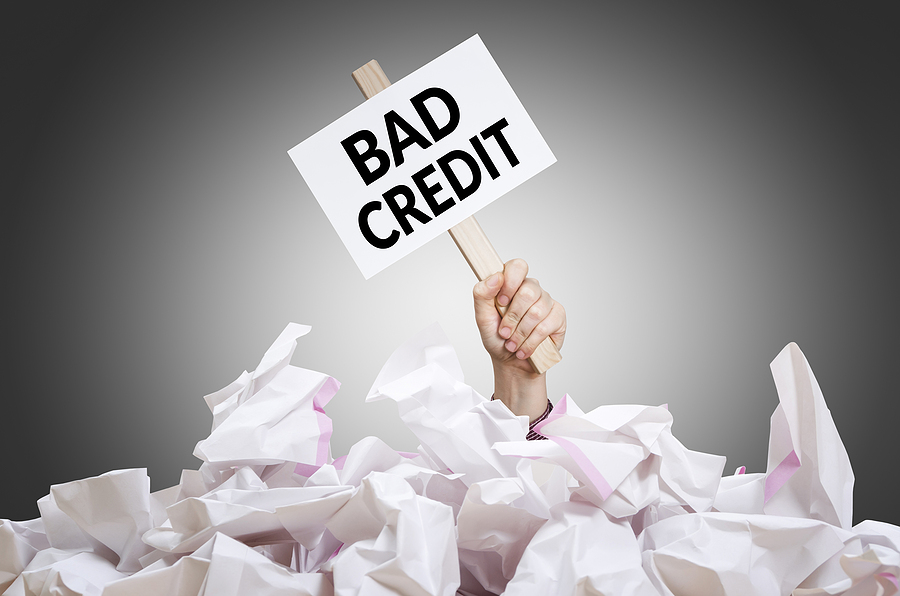
The major cost that comes with declaring bankruptcy include the following:
1) Credit rating:
One of the most significant consequences of going bankrupt is the impact on your credit rating. Your credit score will be badly hit, and this can make it very challenging to get credit in the future, whether you want to buy a house, buy a car, or get a loan. The bankruptcy filing stays on your credit report for up to ten years, and this will make it challenging to get back on the road to financial recovery.
2) Asset loss:
When you file for bankruptcy, the court can sell your assets to pay off creditors. This can include your house, car, and personal property. Bankruptcy provides protection for a person’s exempted property based on their state, but losing these assets can disrupt your daily life, including losing your home and causing significant lifestyle changes.
3) Public record:
Bankruptcy filing is public record, and this means that anyone can access information about your financial status. Bankruptcy filing can become a stigma that might affect future opportunities with employment such as certain positions where financial ethics are crucial such as the public financial offices and private companies keeping a high standard of ethics.
4) Stress and Mental Health:
Bankruptcy can be a very stressful and emotional experience. It’s not uncommon for people to feel the loss of control and stress leading to depression or anxiety. Although there is a positive side thinking that you’re finally getting it done, It can be overwhelming and will hamper the decision-making process further down the track.
5) Legal Costs:
While it’s possible to file for bankruptcy on your own, it’s highly recommended to use a lawyer, which means incurring significant legal costs. A good attorney’s fee can vary depending on the complexity and your location, which may present significant difficulties for you to pay additional costs for your debts to the attorney’s fees, making you consider filing additional debts again.
Bankruptcy is not a decision to make lightly, and as an expert, we recommend getting professional financial advice before making the final move. Filing for bankruptcy can provide immediate relief to a person’s financial issues but it’s essential to consider the long-term consequences. The cons of going bankrupt can have a significant impact on your life, finances, credit rating, and overall well-being. Understanding the cons can help with comprehending the need to take an action plan to recover from the bankruptcy. It’s best to always choose the best course to overcome financial difficulties and avoid future bankruptcy filings.
Written by: Franklin Russell
Reviewed by: Patricia K. Flanigan
About the Author: Franklin Russell is a seasoned financial advisor, specializing in investment management in the greater San Diego area in California. With a career spanning over a decade, he has helped numerous clients achieve their financial goals. Outside of work, Franklin indulges in a variety of outdoor activities, from watching college and professional football to playing golf, hiking, camping, boating, and biking.
-
Discover More…
- Unlock the secret to a happier, healthier lifestyle by delving into additional captivating articles on our website at: Smart Strategies for Successful Living.
- Enjoy our uplifting and inspiring videos on our YouTube channel at: CLICK HERE.
- For more resources on Bank Support: CLICK HERE.
Check Out Our Captivating Videos
 About Smart Strategies for Successful Living: CLICK HERE.
About Smart Strategies for Successful Living: CLICK HERE. Your Journey of Self-Discovery: CLICK HERE.
Your Journey of Self-Discovery: CLICK HERE. Our YouTube Channel: CLICK HERE.
Our YouTube Channel: CLICK HERE.Bank Support
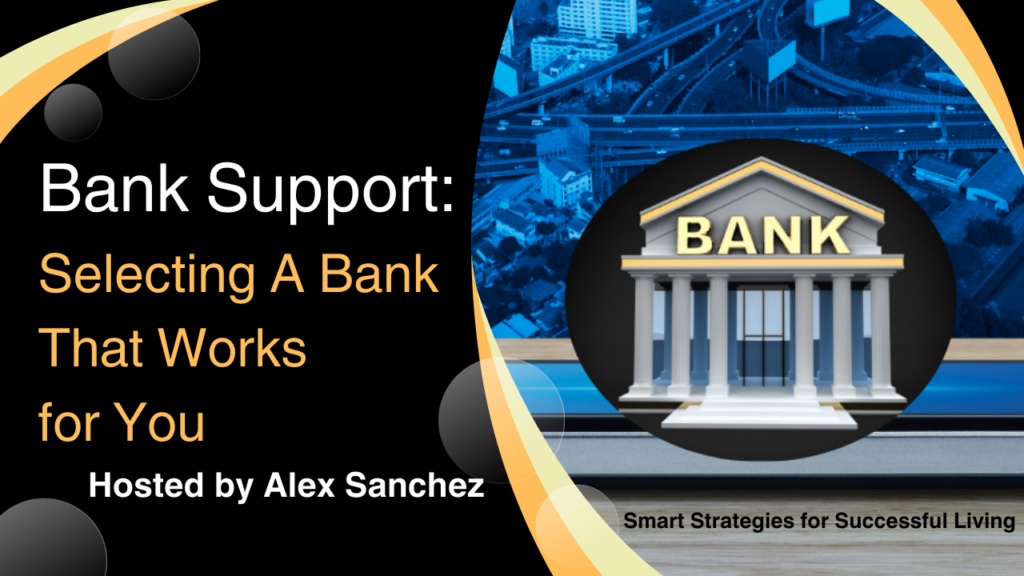 Selecting A Bank That Works for You: CLICK HERE.
Selecting A Bank That Works for You: CLICK HERE.  Safeguard Against Smishing: CLICK HERE.
Safeguard Against Smishing: CLICK HERE.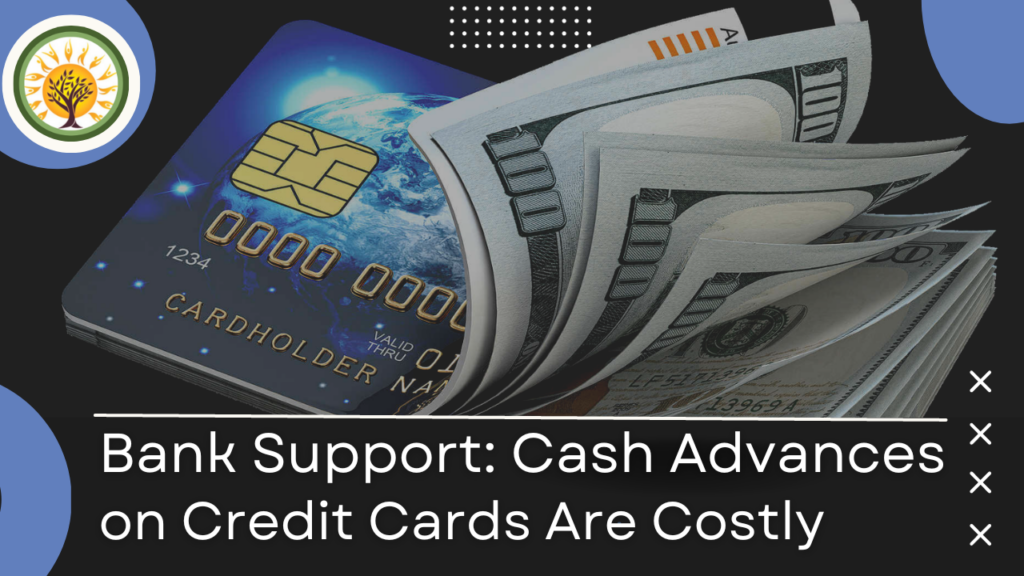 Cash Advances on Credit Cards Are Costly: CLICK HERE.
Cash Advances on Credit Cards Are Costly: CLICK HERE. 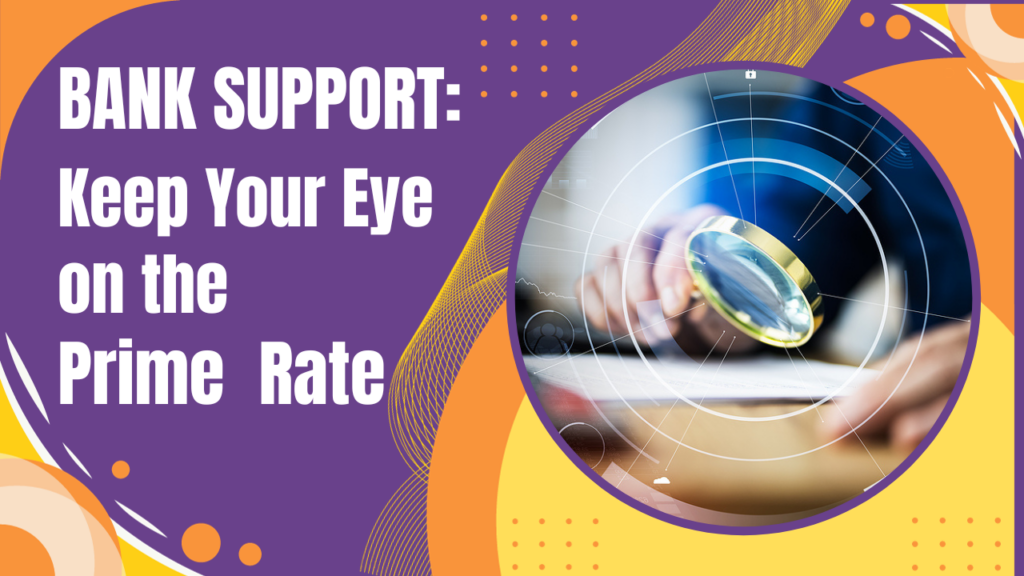 Keep Your Eye on the Prime Rate: CLICK HERE.
Keep Your Eye on the Prime Rate: CLICK HERE.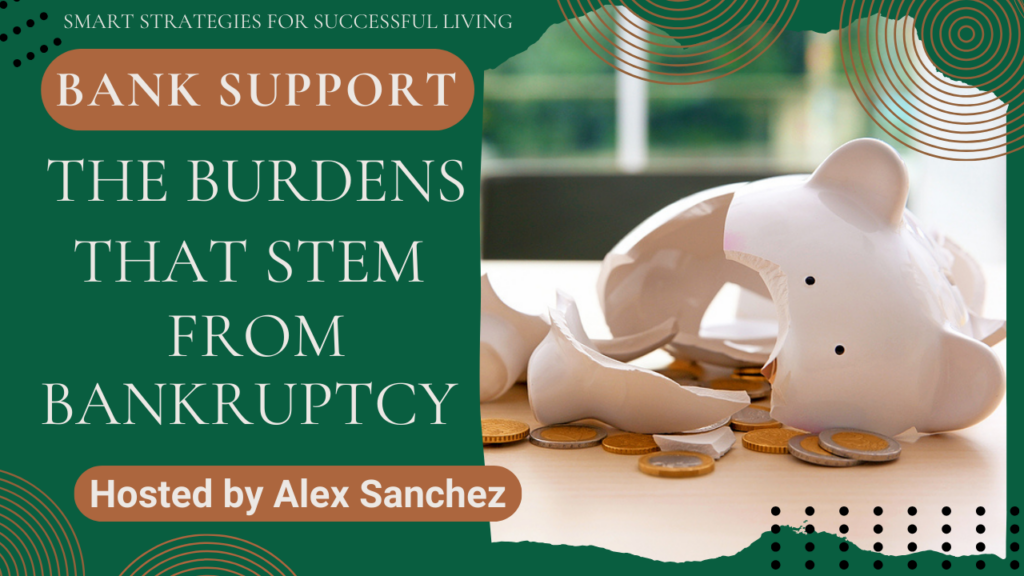 The Burdens That Stem from Bankruptcy: CLICK HERE.
The Burdens That Stem from Bankruptcy: CLICK HERE.








